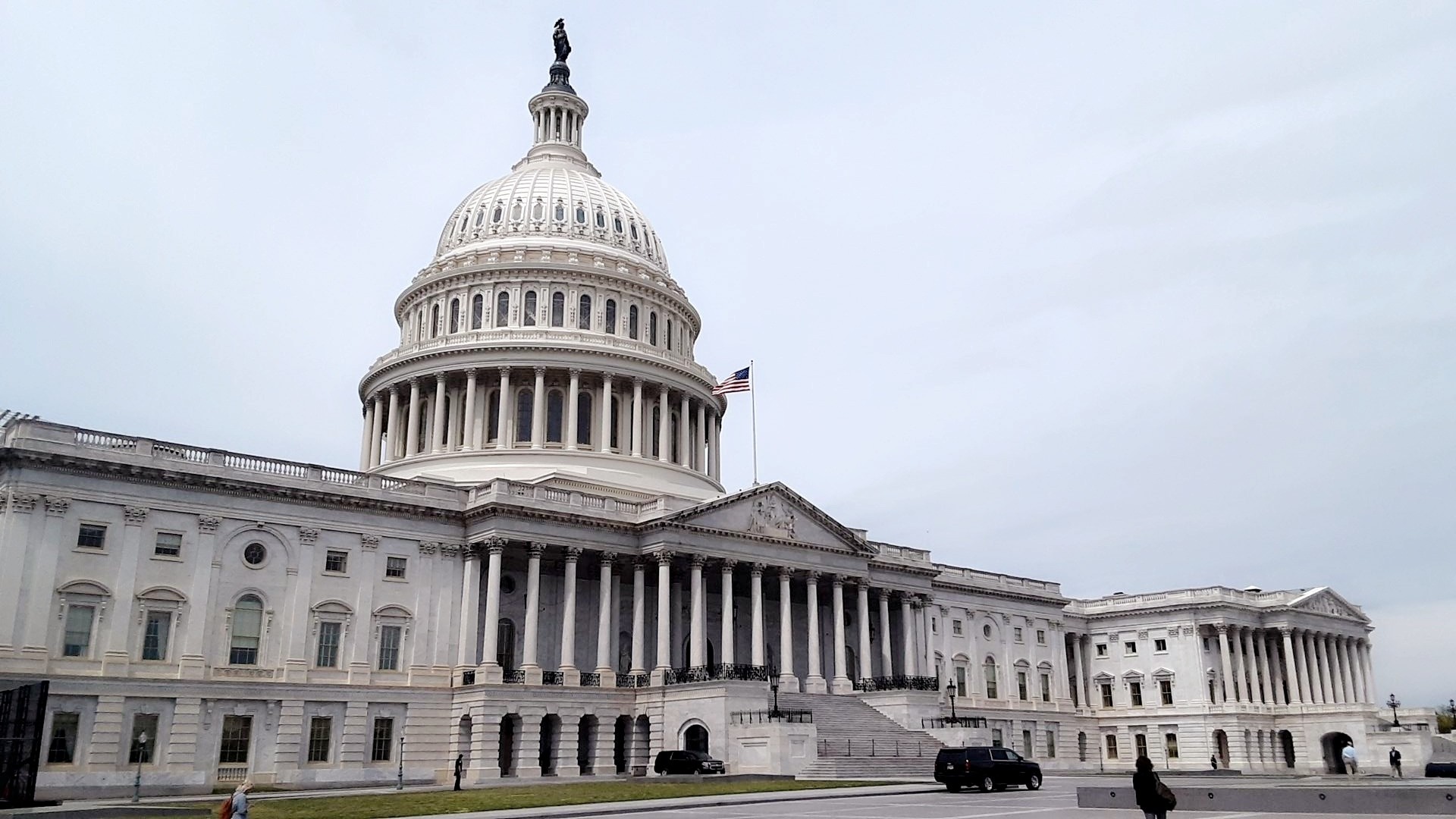Clara Geffroy is a law student at NYU School of Law and guest contributor on this blog.
Congress recently passed a continuing resolution (CR) extending about $1.4 trillion in government funding until December 11, 2020. This comes after a period of conflicting political interests regarding a full replenishment of the Commodity Credit Corporation (CCC), which provides funding to the United States Department of Agriculture (USDA). The majority of the CCC’s activities are authorized through omnibus farm bills, the most recent of which being the Agriculture Improvement Act of 2018. The CCC essentially serves as a $30 billion line of credit from the U.S. Treasury to USDA. It is used to support the agriculture industry through a variety of programs, including commodity and farmer income programs. By law, the CCC is replenished annually, but this quickly became the primary source of contention during the CR negotiations. Republicans, supported by the Trump Administration, adamantly decried waiting until the annual replenishment, whereas Democrats voiced accountability and fairness concerns.
House and Senate Republicans, the Trump Administration, farmers, and other industry groups argued that without the CR’s immediate replenishment of the CCC, upcoming farm bill programs and payments will be severely delayed. More than $6.5 billion of CCC funds were used to fund the first round of Coronavirus Food Assistance Program (CFAP) payments and other recent programs. As a result, proponents argued, the CCC was unlikely to have sufficient resources to meet its farm bill and conservation program payments beyond October. They also pointed to COVID-19’s continuing effects on the industry and the subsequent risks posed to the national food system as a whole. Senate Majority Leader Mitch McConnell, R-Ky., argued that it was not the time to “add insult to injury [by looking to] defund help for farmers and rural America.” Republican members focused on painting the replenishing of the CCC as non-controversial, admonishing Democrats to extend the farm bill’s history of bipartisan support to the issue.
Democratic House leaders, on the other hand, voiced concern over accountability and fairness regarding potential abuse of CCC funding. USDA is allowed a high level of discretion when carrying out programs designed to support U.S. agriculture, including the administration of CCC funds. A main concern among Democrats was the possibility that CCC funds would be diverted away from farmers and used by the Trump Administration to bail out the oil industry. They pointed to the fact that the Trump Administration had considered using CCC to provide aid to oil refineries whose exemption applications were recently rejected by the EPA. Sen. Debbie Stabenow, D-Mich., ranking member of the Senate Agriculture Committee, emphasized that there is a current “lack of accountability in where ad hoc CCC funding is going now…[and we are] also seeing more political payments.”
Stabenow also criticized the Trump Administration’s failure to correct serious inequities within USDA’s Market Facilitation Program, which uses CCC funds. For one thing, the top half of recipients in the program collected 95% of total payments. A report submitted by Stabenow to USDA last November also displays how inequities within the program skew benefits towards Southern states, certain crops, and larger farms, rather than prioritizing farmers who have been hit the hardest by external events. This concern is especially relevant given USDA’s history of discrimination and the disproportionate effects of COVID-19 on vulnerable populations.
The CR that ultimately passed does allow for the replenishment of the CCC “in order to make required farm assistance and other payments.” In exchange, Democrats secured nearly $8 billion in pandemic-related nutrition assistance funding. A provision was also included in an attempt to address the potential for abuse, stipulating that the CCC and the USDA are prohibited “from providing payments or otherwise supporting fossil fuel refiners and importers.”
Whether or not this provision will effectively prevent CCC funds from being diverted to the oil industry remains to be seen. The more general question of who will benefit from the CCC replenishment provision is one worth following in the coming weeks. The backdrop of the upcoming presidential election may also influence who will benefit from this additional CCC funding. Government payouts to farmers have surged to historic levels under Trump’s presidency and appealing to the agricultural industry continues to be a mainstay of his presidential campaign. It will be interesting to see if the Trump administration touts the CR, and particularly the CCC replenishment, and if it will have any significant effect on voters.
The views and opinions expressed on the FBLE Blog are those of the authors and do not necessarily reflect the official policy or position of FBLE. While we review posts for accuracy, we cannot guarantee the reliability and completeness of any legal analysis presented; posts on this Blog do not constitute legal advice. If you discover an error, please reach out to contact@farmbilllaw.org.


